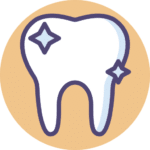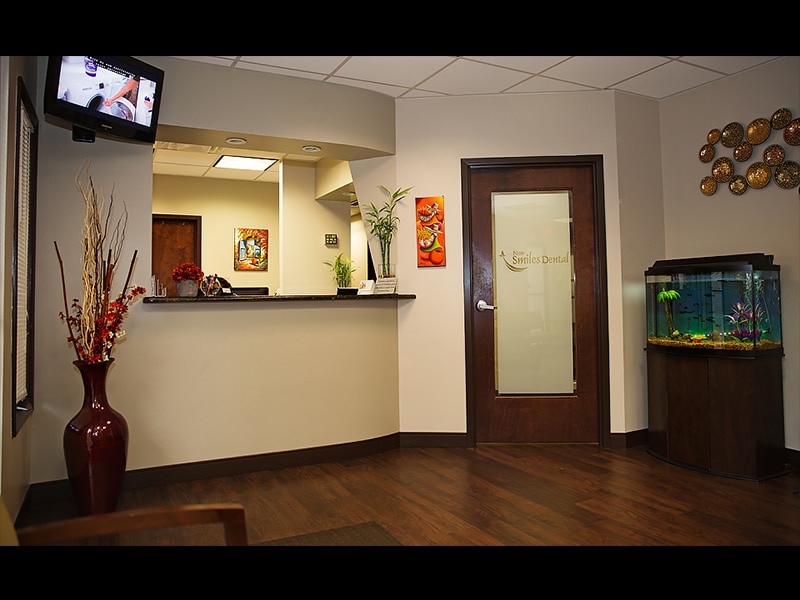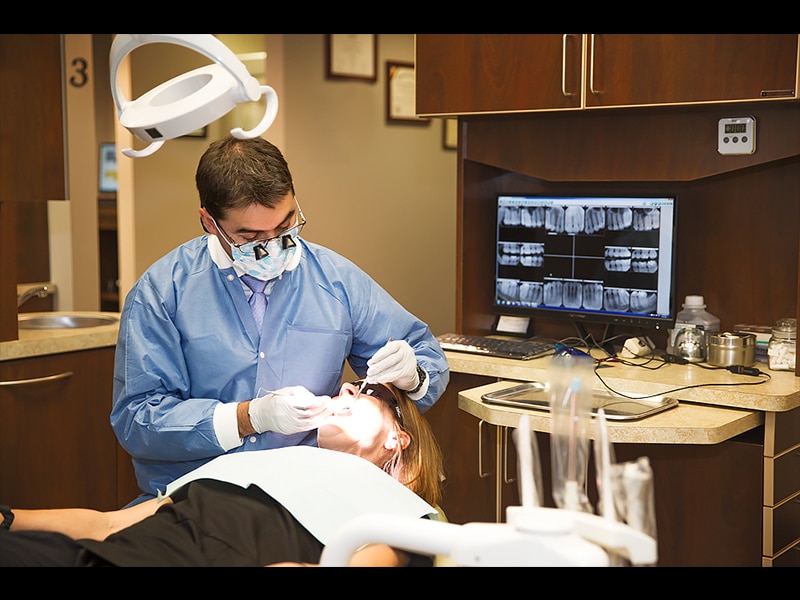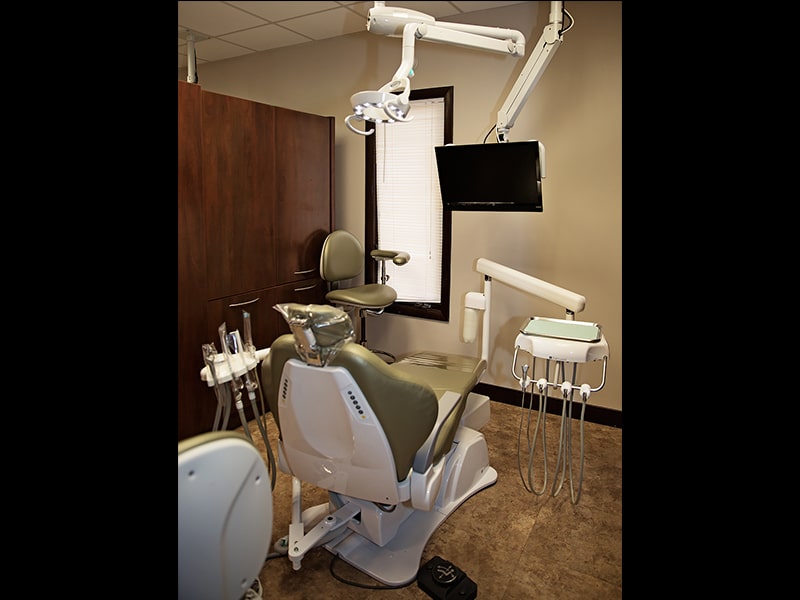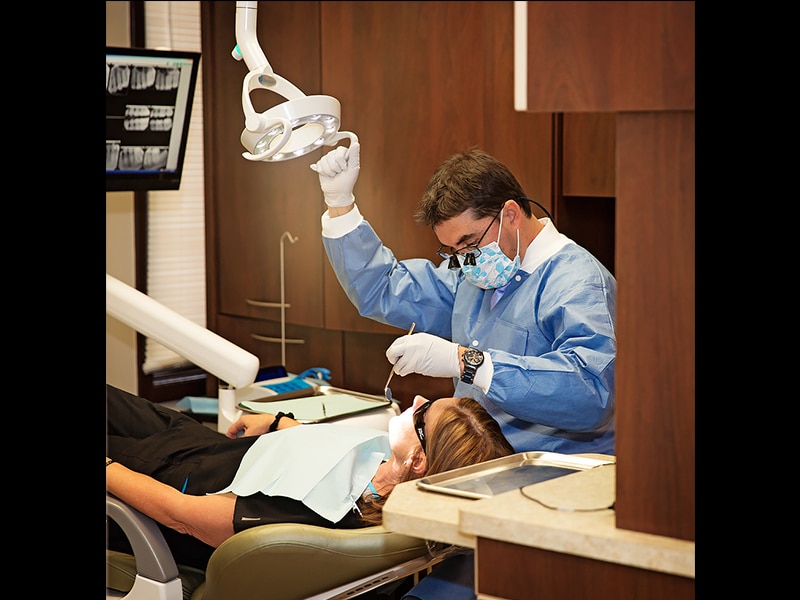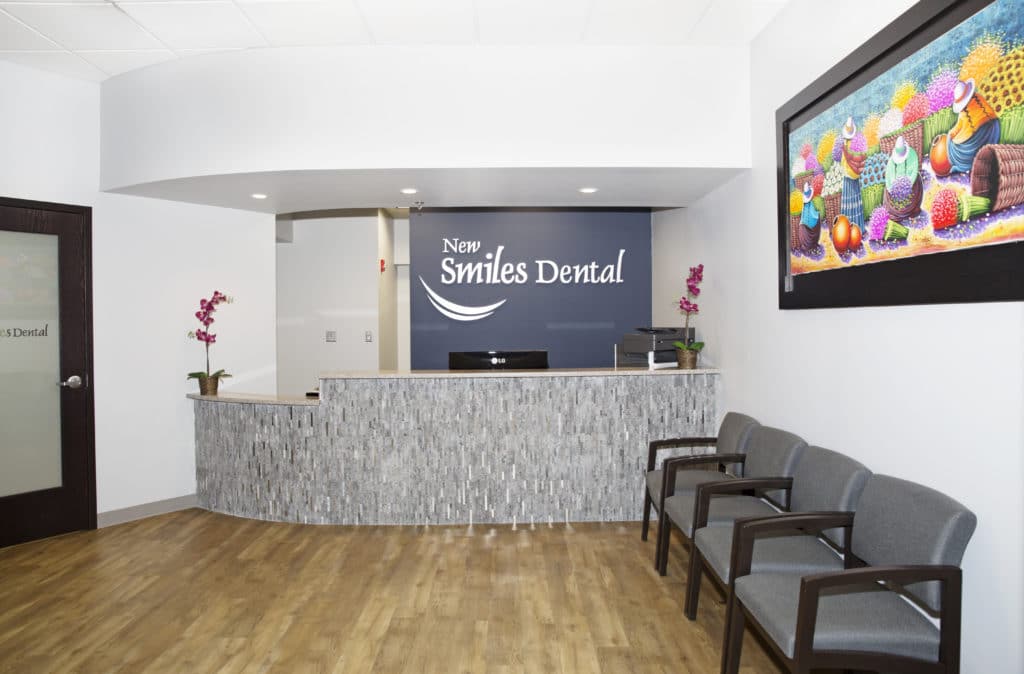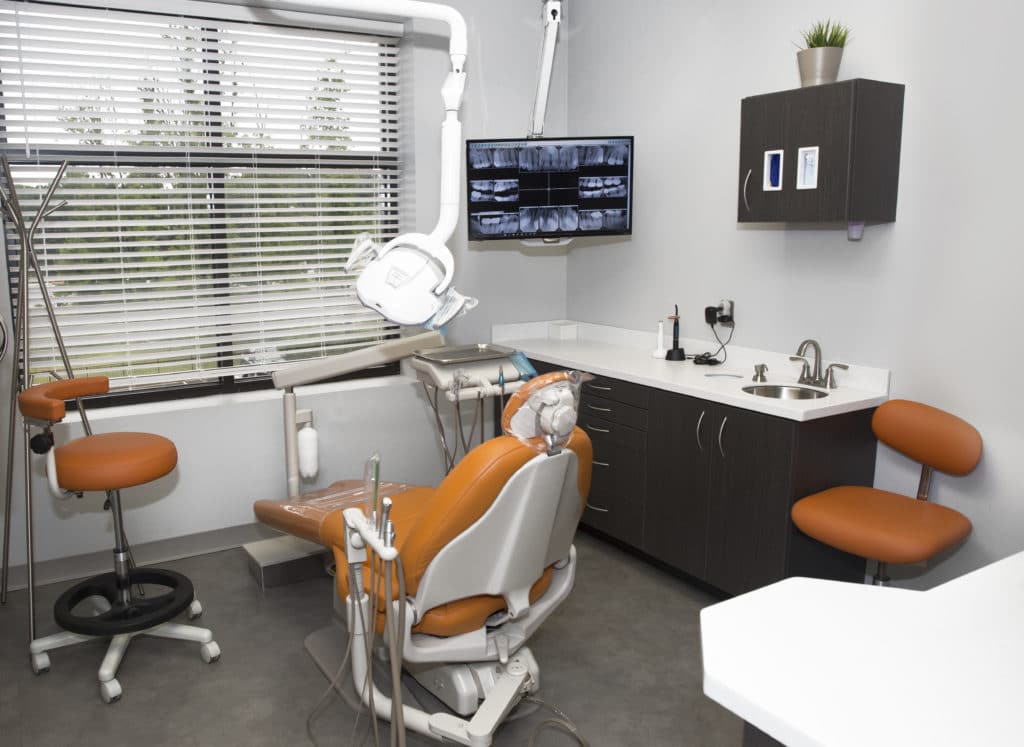At one point in your life, you will have to undergo some dental treatments. There are different dental treatments – each designed to meet your specific needs and to give solutions to your dental problems. Some dental treatments are easy to perform while others are not. Generally, dental treatments are no picnic but after all the procedure, you will certainly feel brand new and more confident with your smile and teeth.
Dental treatments are performed by specialists called dental and oral surgeons. You don’t have to worry about the result as they are experienced and know what they are doing. You should be confident that things will be better after the treatment. While the entire dental procedure makes you feel uncomfortable, it is aftercare and recovery that you should prepare for. This is the longest part and probably the part where you can experience some pain.
Fortunately, there are ways on how you can make your recovery as painless as possible. Here is some recovery advice for dental treatments you can follow:
- Be kinder to yourself. You will need to have someone with you to drive you home after the treatment or surgery. You may have been given a sedative so you will feel drowsy or have been given general anesthesia. Spend the day resting and relaxing. Do not do any strenuous activities that might dislodge blood clots or can cause bleeding.
- Follow the surgeon’s instructions. Your surgeon will provide specific instructions – make sure you follow them closely. If your surgeon tells you not to brush your teeth in the meantime, be sure to follow those instructions.
- Apply a cold compress. After a dental treatment, your face might swell or have some bruises. This can be normal so there’s no need to panic. The best way to reduce the swelling is to apply ice to the area for 30 minutes and then remove it for 15 minutes and then do it again. Do this for 2 to 3 days and you will notice the swelling will lessen up. However, if the swelling doesn’t get better or you get some fever, it can be infected so call your doctor immediately.
- Take your pain medication when you are instructed. Sometimes, it’s best to take pain medication even if you are not feeling any pain at all. Make sure you don’t skip a dose.
- Take only soft foods. When the bleeding stops, eat soft foods only. This is to make sure you are not putting a lot of stress on your mouth. Food such as soups, yogurts and mashed potatoes are good examples of soft foods.
- Stay hydrated. When your body is properly hydrated, it can boost up your body’s healing process. Drink lots of fluids but stay away from anything that is too hot or cold to avoid tooth sensitivity.
Dental treatments are not exciting but are important in order to ensure that your dental health is in its best shape. The least you can do is to make sure that your recovery time is as smooth and as pain free as possible.
